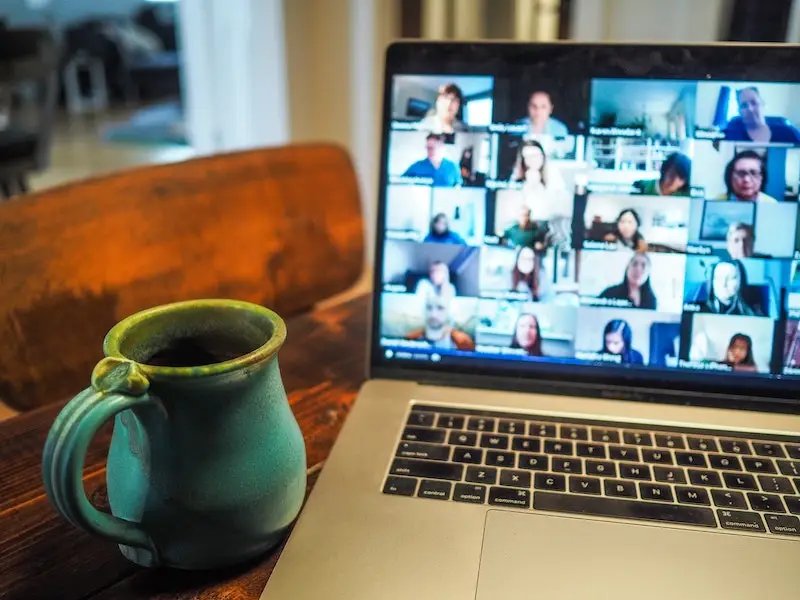How Your Student Can Start Building a Professional Network

What role does a community play in launching your student’s career?
I’ve written previously about the power of a personal network when beginning a career. It’s not always about what you know, but more about who you know. In this article, I’ll lay out why having a personal network is so important and what your student can start doing now to build a professional network for the future.
Why a Network Matters
As I mentioned above, launching and advancing your career has more to do with relationships and connections than knowledge and maybe even skill. You may be a very smart and skilled worker but you’ll struggle to get the job over the person with half your skill and knowledge who the employer knows personally and trusts.
Trust is a big factor here. Only a foolish employer would hire someone they don’t trust. And this happens very rarely. More often, however, employers hire people that they think they can trust and then that trust is earned in the early days of the employment relationship. Many companies employ someone and use a 90-day training period to determine how well the new hire works out.
Employers can take a “shortcut” when they hire someone they already trust. Most people like shortcuts and so the job usually goes to the already-trusted individual in most cases. Developing a professional network helps open doors, deliver opportunities, and gives you advantages in finding the right position since people who know people are favored over those who simply know things.
How to Build a Professional Network
In past blog articles I’ve laid out some ideas for building a network. Examples include internships, apprenticeships, and even networking on sites like LinkedIn. In this article however, I’d like to expand that list with a couple of additional ideas.
The future of education in your inbox.
Get productivity tips, commentary, and Unbound updates sent to you!
Working For Free
This is closely related to the idea of internships and apprenticeships.
It’s the idea that when you’re young, you need experience. And sometimes, that experience is more valuable than monetary payment. Now, of course, this can be abused. It’s very true that “experience” or “exposure” doesn’t pay the actual bills. But for many high school students living at home with their parents, those bills are light. High school is actually the best time to work for experience and exposure. It’s the time in your career when you have the least amount of experience and also when your responsibilities are the lowest they’ll most likely be in your adult life.
Don’t be afraid to work for free when that’s financially possible. Choose to work for someone who won’t take advantage of you and who doesn’t view it as “free work” but instead as “work that’s paid in experience, training, and mentorship” because that’s exactly what it is.
“Borrowing” a Professional Network
What do I mean by “borrowing” a professional network?
I’ve learned that people who are established in their careers often have an extensive professional and personal network. And I’ve found that working for these people often leads to meeting many of their connections. I’ve been blessed to work for people who actively introduced me to new connections within their own network.
There are just some people who naturally connect with others and network really well. When you connect with them there is a good chance you’ll be able to benefit from their network and create your own.
Once again, you don’t want to only connect with someone because you want to have access to their network. But choosing who to work for based on the future opportunities it may open up is a smart move.
Launching Your Career
As your student moves into their career, it’s incredibly important to build a professional network so that they can build trust with future employers and connect with professional mentors. Don’t be afraid to work for experience and/or mentorship in appropriate situations and build connections with connected people.
As your student launches into their career, they want to know there’s some kind of guarantee that they’ll be able to find a job. Ascend offers that guarantee for students who finish the program. Learn more today by booking a free consultation.



